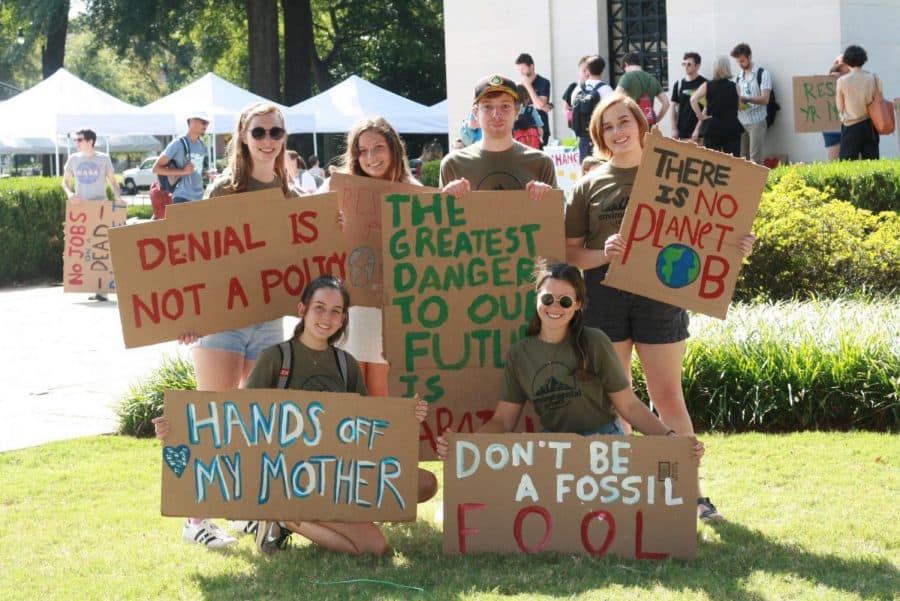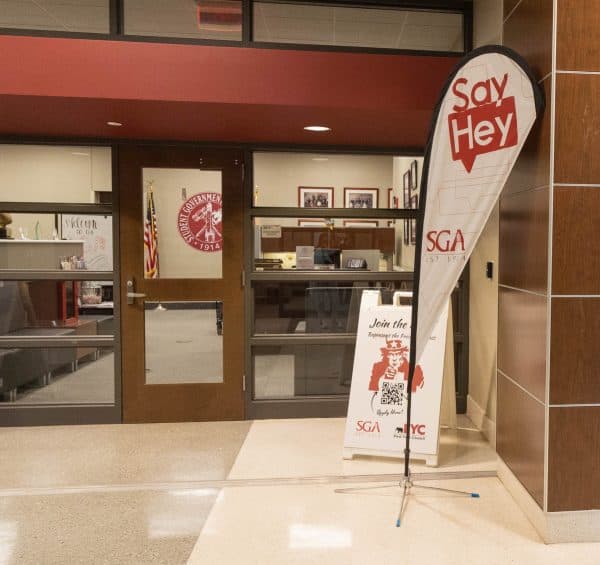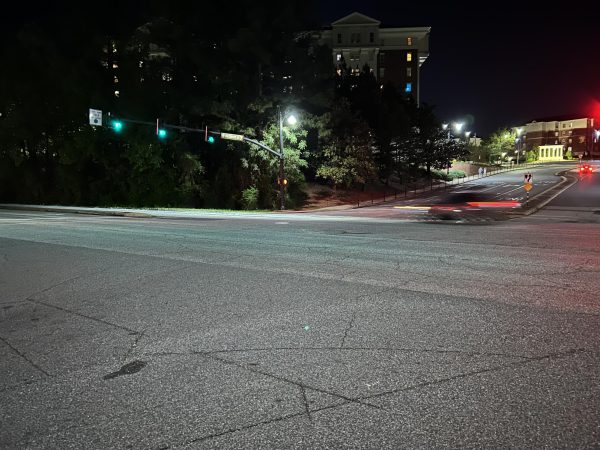Ahead of Green Week, a UA environmental group reflects on the pandemic
Here’s why some members are hoping for more visibility on campus
March 17, 2021
The University of Alabama’s Environmental Council, in partnership with the Student Government Association (SGA), is preparing for its 30th annual Green Week taking place during the last week of March. Green Week is set to include a service project with the UA rowing team, a screening of Discovering Alabama, a vegetarian and vegan cooking class, an environmental picnic and a recycling drive.
The Environmental Council, like many other student organizations, transitioned to virtual operations last summer in response to the COVID-19 pandemic, and Green Week is the organization’s next challenge. Natalie Miller, a junior and president of the Environmental Council, said the transition caused a shift in the organization’s focus.
“We definitely just shifted this past year to kind of focusing more on environmental justice, and we’re doing a lot more with advocacy,” Miller said.
These advocacy efforts have included amplifying the voices of Black environmentalists within the organization and organizing a campus-wide climate strike in September of 2019.
Desiree Ozols, a sophomore and vice president of the Environmental Council, said the organization invited speakers to meetings in the past. Scheduling speakers was harder this year, so Ozols said their directors have researched topics to present to the rest of the Environmental Council.
These topics included clean energy, water protection and the melting of the polar ice caps. Current events, like the Texas climate disaster, were also discussed.
Ozols said she viewed the move to virtual operations as a learning experience, but she and Miller both said it was challenging to expand membership while also keeping its more than 200 current members engaged. She said Zoom fatigue contributed to this challenge.
“The hardest part is definitely member engagement, because it’s just really hard when everyone is doing most of their classes on Zoom anyway,” she said. “The last thing that they want to do is hop on another Zoom. Even if it’s something that they’re interested in, it just feels like more work throughout the day.”
Miller and Ozols both said they felt a lack of support from UA leadership throughout the process.
“I personally feel that the University – and kind of everyone – put environmental organizations and initiatives on the back burner,” Miller said. “I just wish that we were kind of prioritized more, because I believe that if you don’t have the environment, you can’t have anything else.”
The UA Grounds Department has implemented recycling and energy management programs that aim to lessen the impact that energy consumption has on the University, both financially and environmentally.
Jeremy Faulkner, sustainability manager for UA Recycling, said the University is making an effort to improve its environmental impact.
“The University is very focused on the environment and all the sustainability practices,” he said. “We’ve been doing things such as recommissioning older buildings to be more energy efficient and reusing the bricks from the old Bryce Hospital to build on some other buildings. We also came in the Top 30 during RecycleMania even during a year with COVID impact.”
But Ozols said she felt like environmentalism was not a top priority for UA administration and hoped to see the University do more than “what sounds good on paper.” She referenced the University’s COVID-19 response as proof that they’re capable of responding to threats.
“The reality is that climate change is just as big of a threat, if not more, to the global population,” she said.
Leilani Johnson, a senior and director of environmental affairs for the SGA, noticed the difficulty for campus environmental organizations that switched to virtual operations.
The SGA has hosted cleanups that allow for social distancing, but Johnson said these events still posed challenges. She said the University has been supportive of environmentalism but said the safety of students during the pandemic took precedence over a lot of things, including environmental concerns.
“I think that when [COVID-19] first hit and we were all sheltering in place, we saw what we can accomplish when we do listen to what’s going on in the news,” Johnson said. “That is a big way that we can make progress in the climate crisis. I wish we didn’t have to get to a crisis to make the proper adjustments, but I do think that that’s kind of how we are as a society, unfortunately.”











